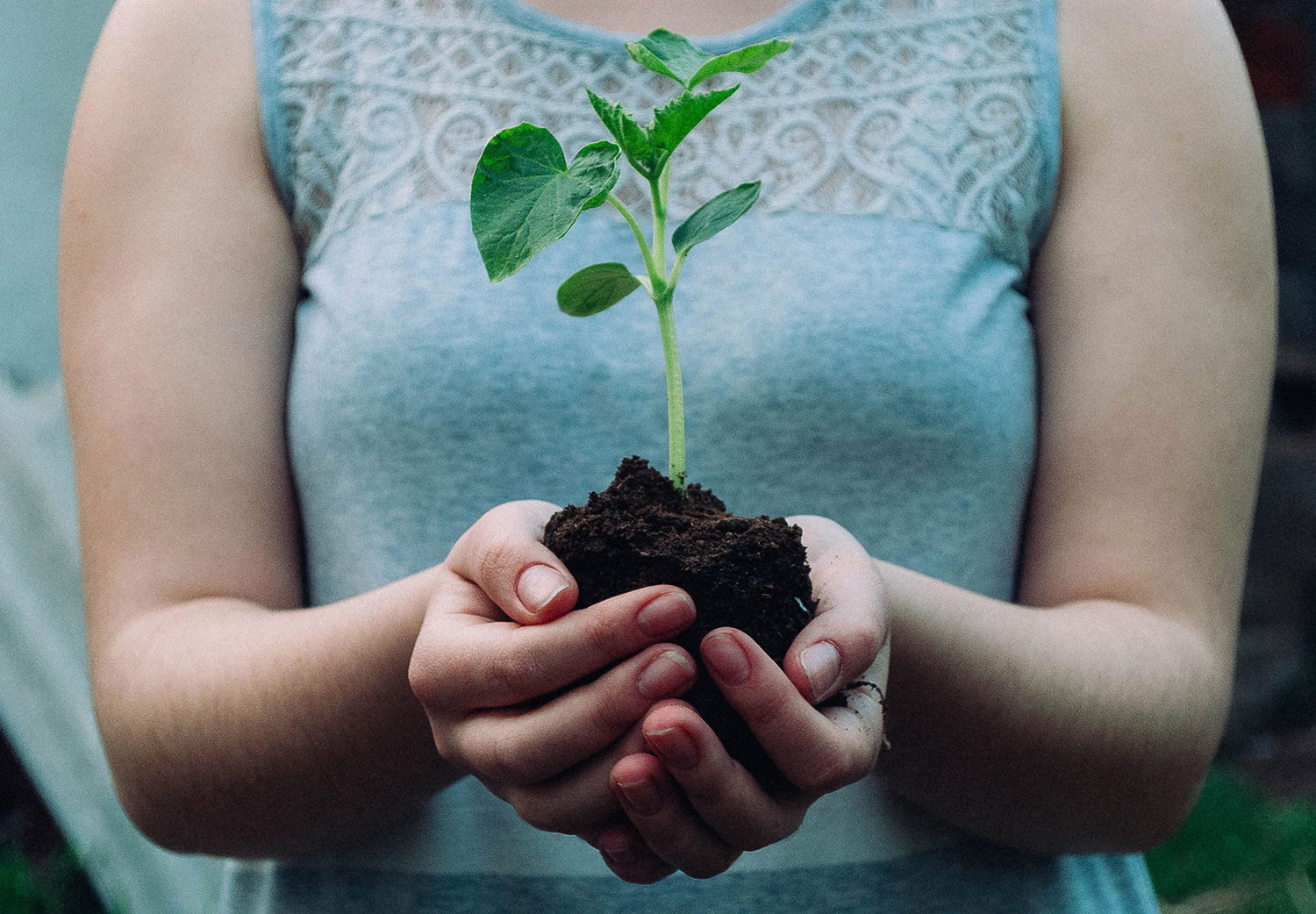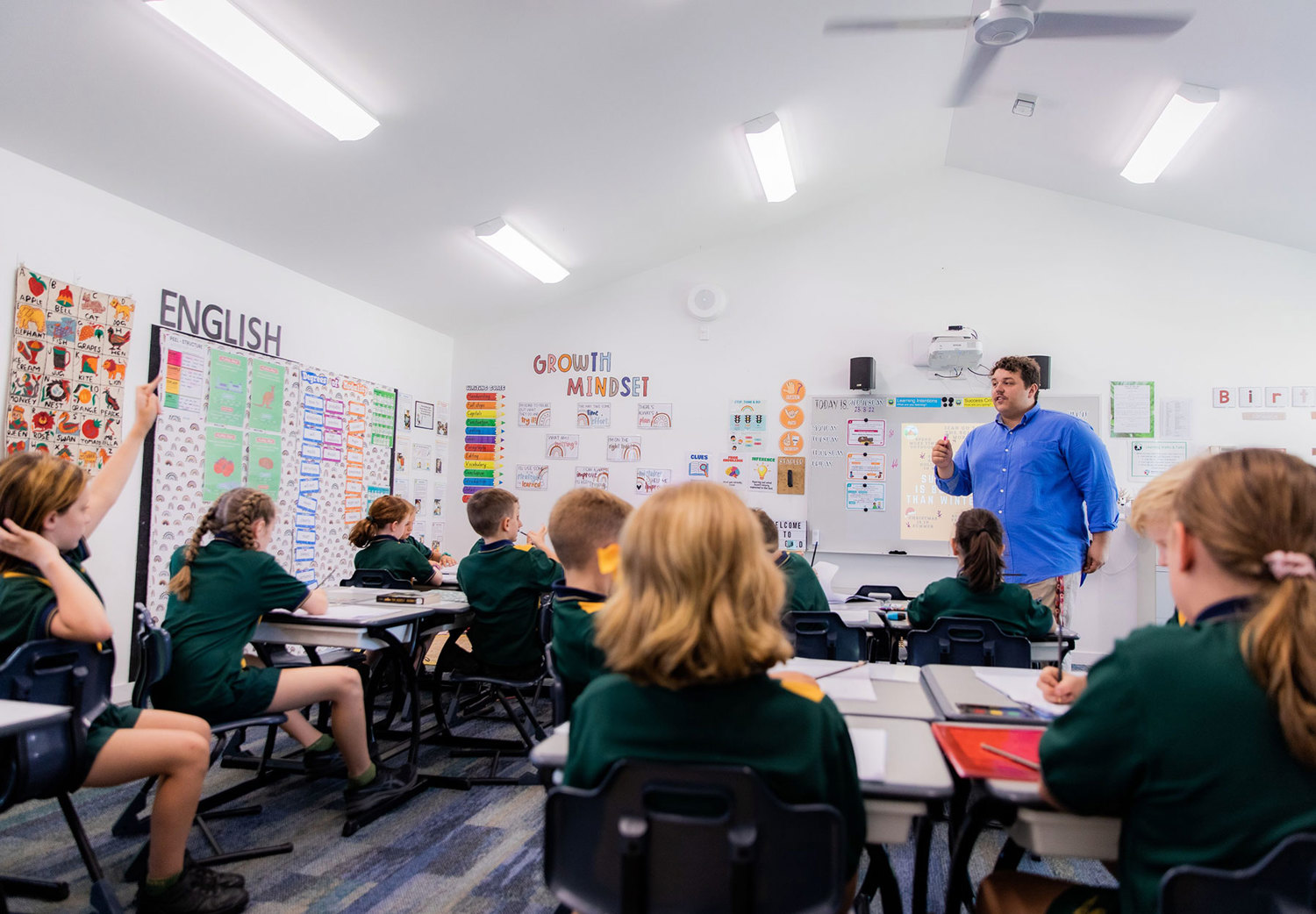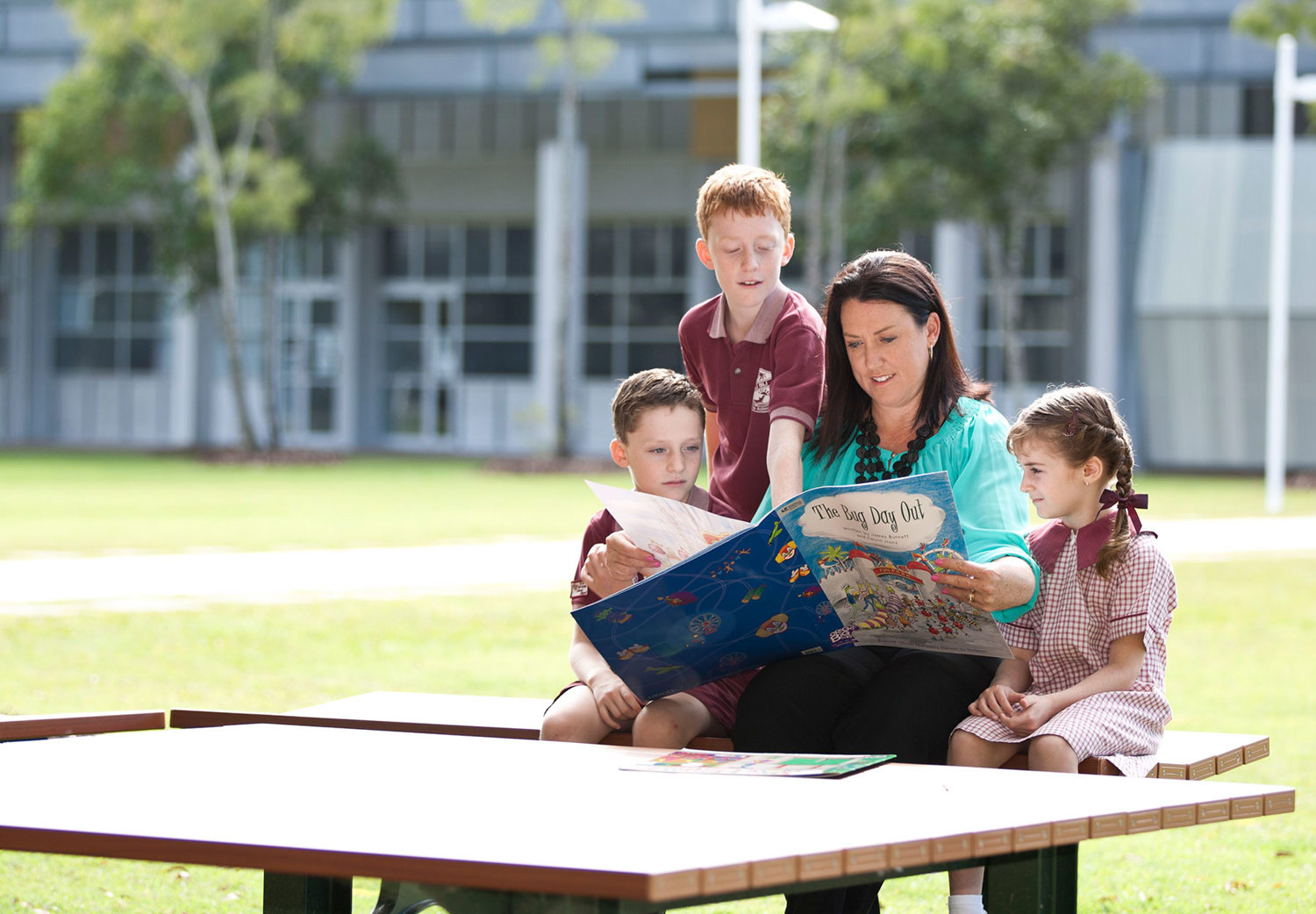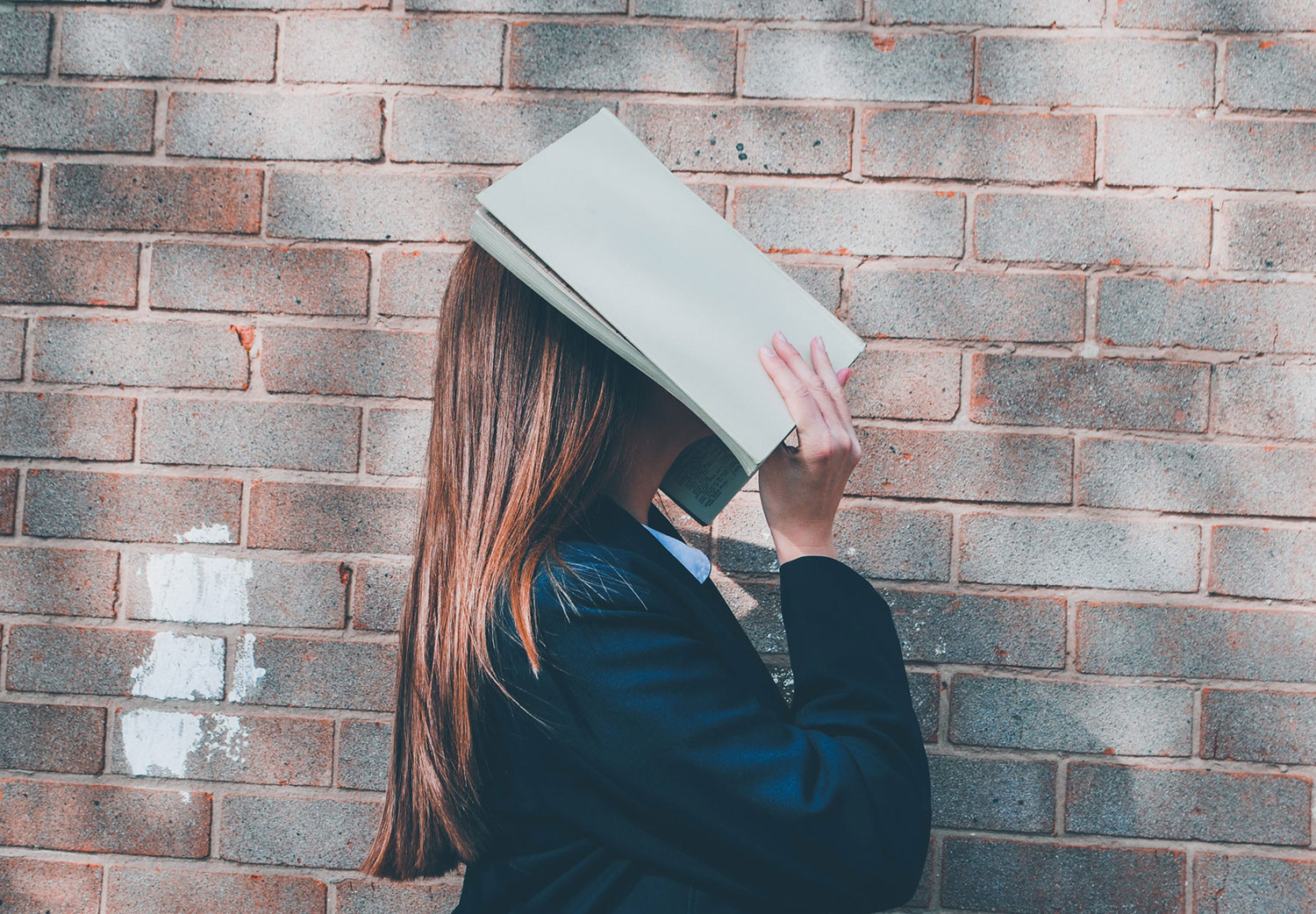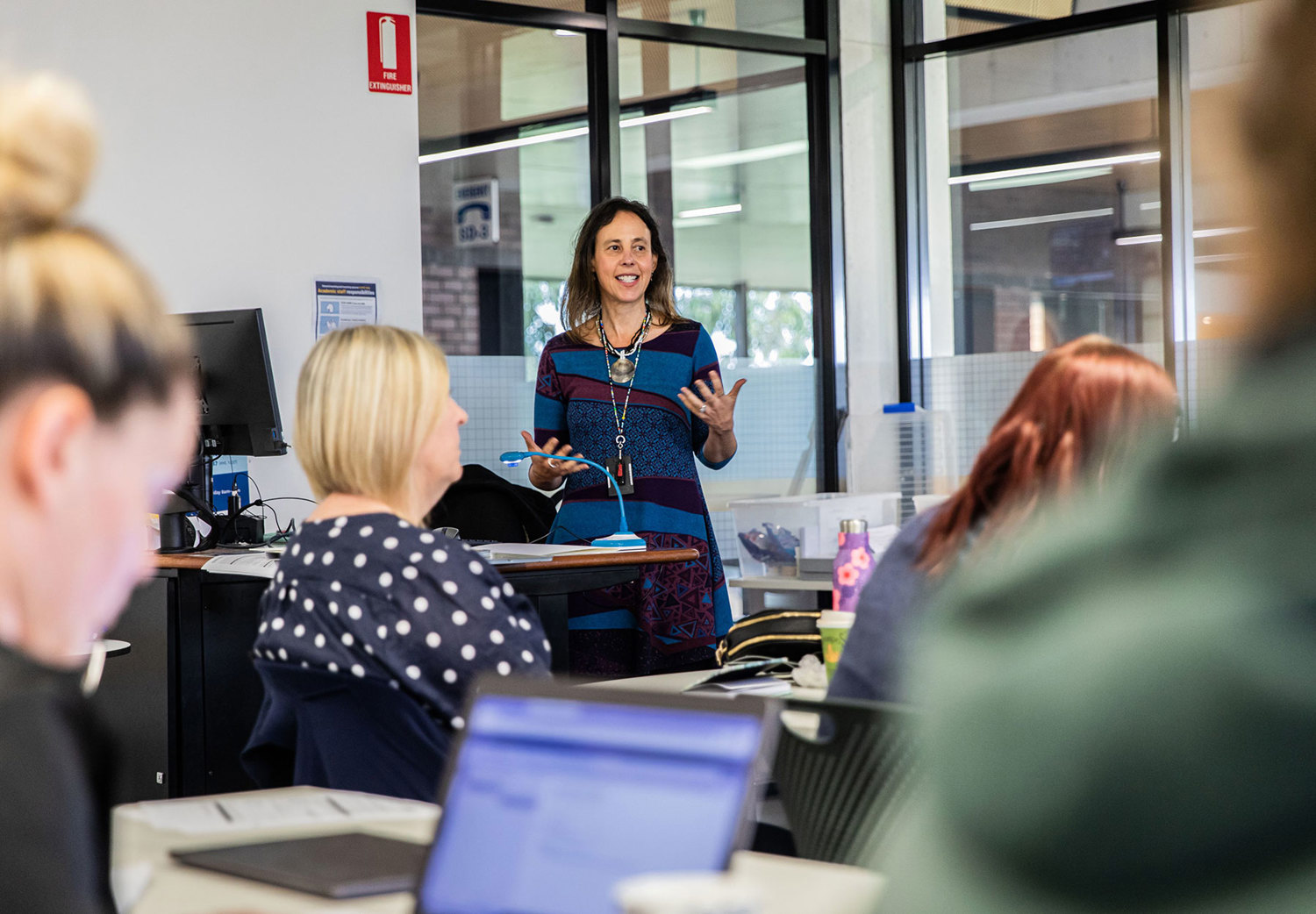Veteran teachers know there is much more to teaching than just the curriculum. When fostering the growth of developing minds, teachers must have a diverse set of skills in their tool kit.
World-wide school shutdowns and forced home learning between 2020-2022 reminded everyone what important roles teachers play in society. The old saying “it takes a village” to raise a child was made real for us all when school “villages” were shut down and parents and carers had to be teachers.
For many children, school is their safe place and their teachers are role models. Here are five things every teacher should know about children and their learning.
Kindness does not equal lowering standards of behaviour. A teacher can uphold high standards of respect and a strong work ethic in a classroom and be kind. It is possible to do both.
1. Compassion builds confidence in students.
When students perceive that a teacher has their best interests at heart, they are more likely to take risks in their learning. For example, they are more likely to do the dreaded oral presentation or spend the time on the big assignment.
If students believe a teacher cares, they will put more effort into their learning and assessment. Never underestimate the power of compassion. Acts of kindness and compassion can boost student confidence, and consequently their learning experiences.
And to debunk a myth, kindness does not equal lowering standards of behaviour. A teacher can uphold high standards of respect and a strong work ethic in a classroom and be kind. It is possible to do both.
Interrupting fixed mindsets about ability is the constant work of teachers, whether it be in the arts, sport, social relationships, or academics
2. Children often perform to the level they believe themselves capable.
In many cases, by the time they are in upper primary school many children have made personal judgements about their abilities. For example, “I’m a ‘C’ in Maths” or “I’m not musical.” These personal judgements can determine the level of effort made.
That is, if a child thinks she is a C in Mathematics, she may only put in the level of effort required for a C. In many ways, self-judgements can act like self-fulfilling prophecies. The teacher needs to interrupt these fixed mindsets and encourage a child to take risks and stretch themselves in their learning.
Interrupting fixed mindsets about ability is the constant work of teachers, whether it be in the arts, sport, social relationships, or academics. Teachers play a critical role in building confidence in children.
3. What we believe about children and their learning affects how we interact with them.
Unconscious bias is very real in the work of teachers. If we believe a child capable of a task, we are more likely to open up opportunities to them, engage in conversation with them, and treat them as capable. Beliefs about children are core to learning. Teachers need to believe all children can learn, otherwise their profession is redundant.
Frankly, if you don’t believe all children can learn, teaching is probably not for you. Young people face enough negative feedback, they don’t need their teachers doubting them too. Not all children learn at the same pace or in the same way, but research shows that all children can learn.
4. Children are always learning, even if they don’t appear to be.
The students in your class may or may not be learning the content in your subject, but they are learning a lot about you and how to survive (perhaps stay under the radar) at school. Throw away lines like, “He’s learnt nothing!” are never true.
The child who appears to not be learning may indeed have a suite of skills for surviving the locker bay at lunch times, how to stay under the teachers’ radars, and how to avoid the class bully.
Work avoidance itself is a skill, a maladaptive skill, but a skill, nonetheless. Helping students shift their efforts from work avoidance to learning engagement is the craft of an expert teacher as it often requires cultural change. Many students experience a clash of cultural values at school, as they feel that engaging in learning makes them unfaithful to their peer group or their sub-culture outside school.
If a student belongs to a family or community that resists education, then positive engagement at school is a cultural risk. Skilled teachers help students negotiate and participate in learning cultures in ways that benefit them in every area of their lives.
Grades don’t measure self-worth, they measure performance. And because they measure performance at a particular point in time, they are temporary.
5. Assessment does not measure potential.
An assessment grade measures a student’s performance in a subject at a particular point in time. Grades do not measure potential, value or worth. Students, parents, and teachers get this confused all the time. An “A” grade does not mean a student is any more valuable than the student who scored a “C.” Grades don’t measure self-worth, they measure performance. And because they measure performance at a particular point in time, they are temporary.
They certainly don’t last a lifetime and they should never be a permanent measure of a person’s value. Good teachers understand this, and they teach their students to master the assessment system but separate their self-worth from it.
Dr Alison Willis's research investigates the effects disruption, stress and trauma have on learning. Her research focuses on the roles that teachers play in helping students overcome the effects of stress and trauma, learning in conflict and post-conflict environments, the effects of culture on learning, and teachers’ conceptions of learning in developing contexts.
She is currently investigating psychological safety as an antecedent for student learning in Australian secondary schools, and is the founder of the Teachers of Australia project that champions the great work and immense heart of teachers. Alison provides professional learning and development for teachers, educational leadership, working with teams of teachers in curriculum development, and as a coach in pedagogy.

References
Alison S. Willis (2021) Teachers’ cultural, social and emotional capabilities: how teacher compassion and humility is an antecedent to student confidence, Pedagogy, Culture & Society, DOI: 10.1080/14681366.2021.1884122
Alison Willis (2019) A foot in both camps: lessons learned about without-prejudice teaching and learning from cross-cultural experience, International Journal of Qualitative Studies in Education, 32:4, 429-445, DOI: 10.1080/09518398.2019.1597212
Feuerstein, R. S., Falik, L. H., Feuerstein, R. (2010). Beyond Smarter: Mediated Learning and the Brain's Capacity for Change. United States: Teachers College Press.
Phil Hodkinson, Gert Biesta & David James (2007) Understanding learning cultures, Educational Review, 59:4, 415-427, DOI: 10.1080/00131910701619316
Media enquiries: Please contact the Media Team media@usc.edu.au


